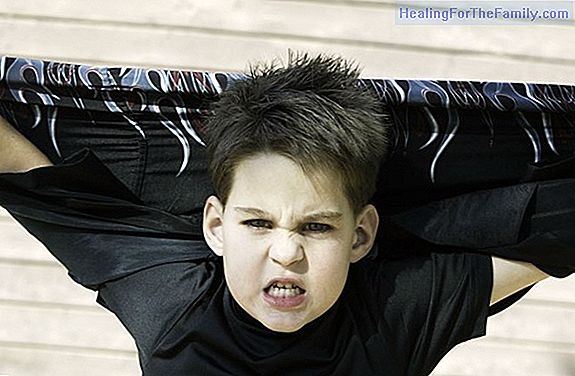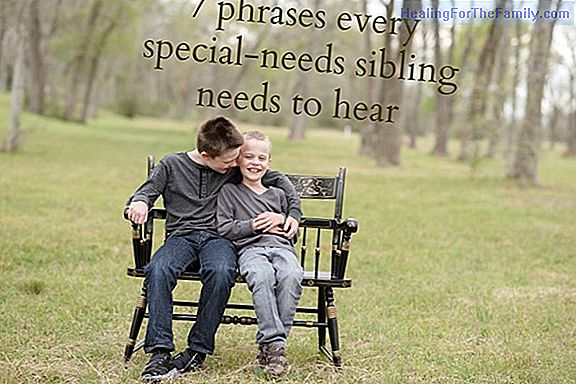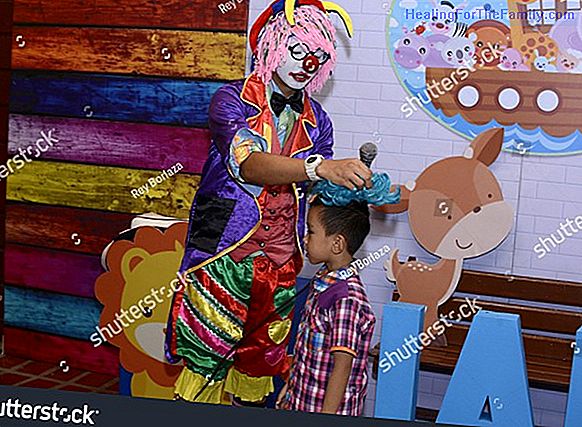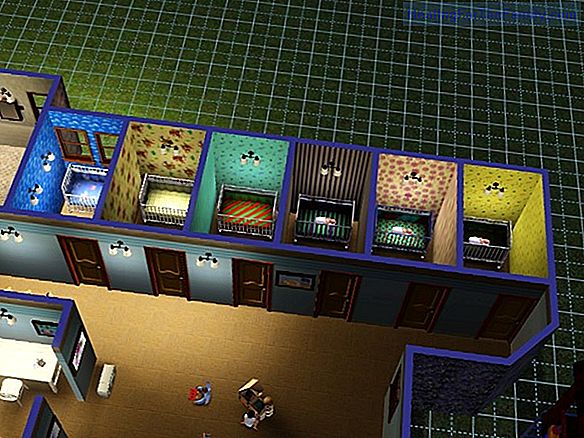Health
Hoarse or that is with little voice and we colloquially say that is hoarse . What he probably suffers is vocal dysphonia. Normally due to misuse or abuse of the voice , although there may be other causes, the voice loses its main characteristics and those recognizable signs appear, such as hoarsenes
hoarse or that is with little voice and we colloquially say that is hoarse. What he probably suffers is vocal dysphonia.
Normally due to misuse or abuse of the voice, although there may be other causes, the voice loses its main characteristics and those recognizable signs appear, such as hoarseness or partial absence of voice that could lead to injuries in the vocal cords such as nodules or polyps.
I give you some tips to avoid dysphonia in children.
Tips to avoid dysphonia in children
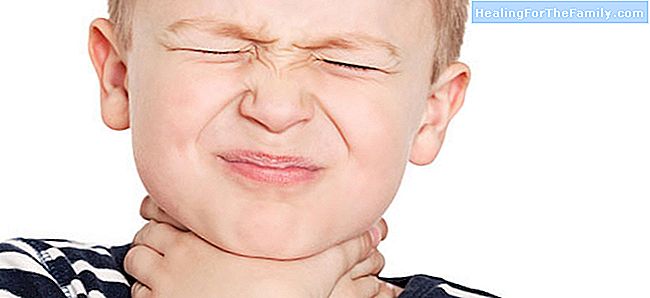
The best way for our children not to suffer these alterations is to inculcate what is called a correct vocal hygiene que, that they are able to internalize the need to avoid certain harmful behaviors and automate other beneficial RoutinelyBelow we will indicate some
tips that will help us avoid childhood dysphonia: 1-
Breathe by taking air through the nose : The nose serves as a filter of the air in addition to regulating the temperature and humidity of the same and Avoid dryness. Also this breathing is more effective since the air reaches the lungs completely. It is important that they learn to perform diaphragmatic breathing.2-
Maintain proper oral and nasal hygiene: In this way, children are encouraged to breathe through their nose. You have to teach them how to sound good and perform nasal washes. You also have to keep your mouth, teeth and tongue clean.3-
Drink water frequently : This way we will maintain good hydration of the vocal cords. In case of drinking other liquids these should be at room temperature, avoiding those very cold or very hot.4-
Avoid overexertion or vocal abuse : Do not shout or raise the voice volume when there is ambient noise. Speak only when the other person is near. Avoid talking in places where there is high environmental noise (metro, bars, etc). Try not to hawk or whisper. Limit the use of your voice when you have a cold, sore throat or other throat conditions. Speak slowly and without exhausting the air. 5-Encourage rest
: Sleep long enough to feel rested. Limit the use of the voice when you are tired or in pain. 6-Avoid contaminated or poorly ventilated environments Es: It is preferable to stay in well-ventilated environments with an adequate degree of humidity and avoid sudden changes in temperature and dry places (heating, air conditioning too strong ...), as well as places with smoke.
7- If you have gastroesophageal refluxconsult your doctor to be controlled, as it can damage the vocal cords.
A high percentage of children with voice problems suffer from imitation someone from their environment so we must not forget that we should be the best model for our children.
If despite our attempt to prevent dysphonia in our child, it appeared or persisted, we must go to a specialist who will indicate the best treatment for improving your voice.

